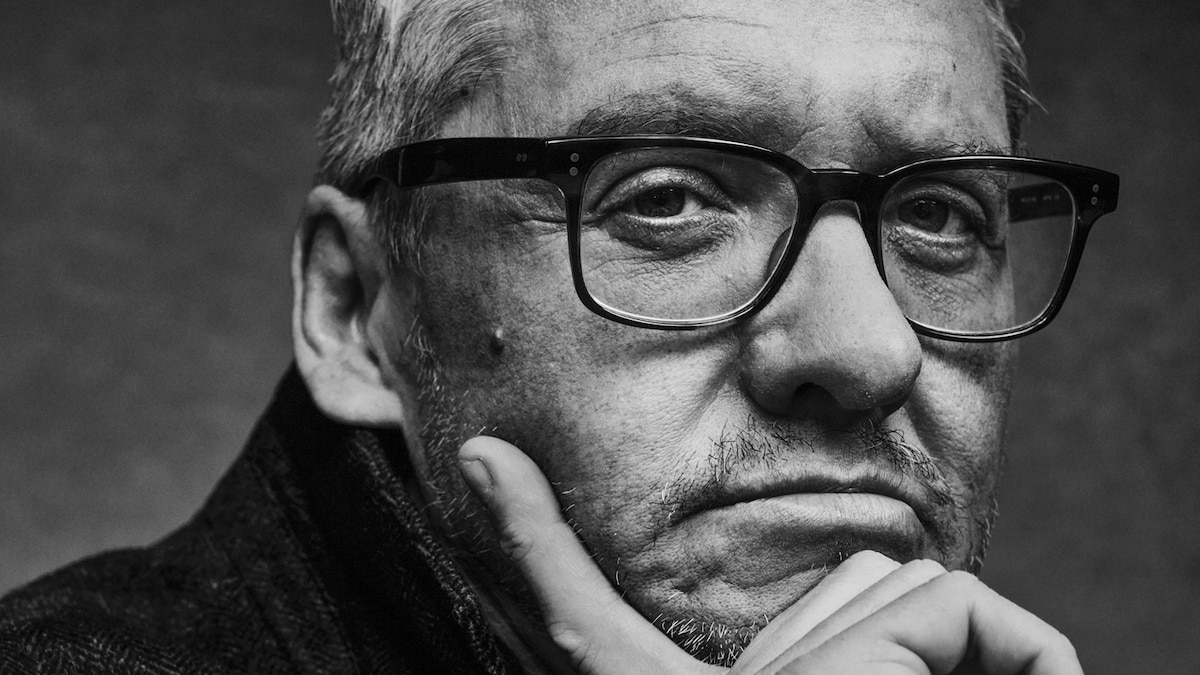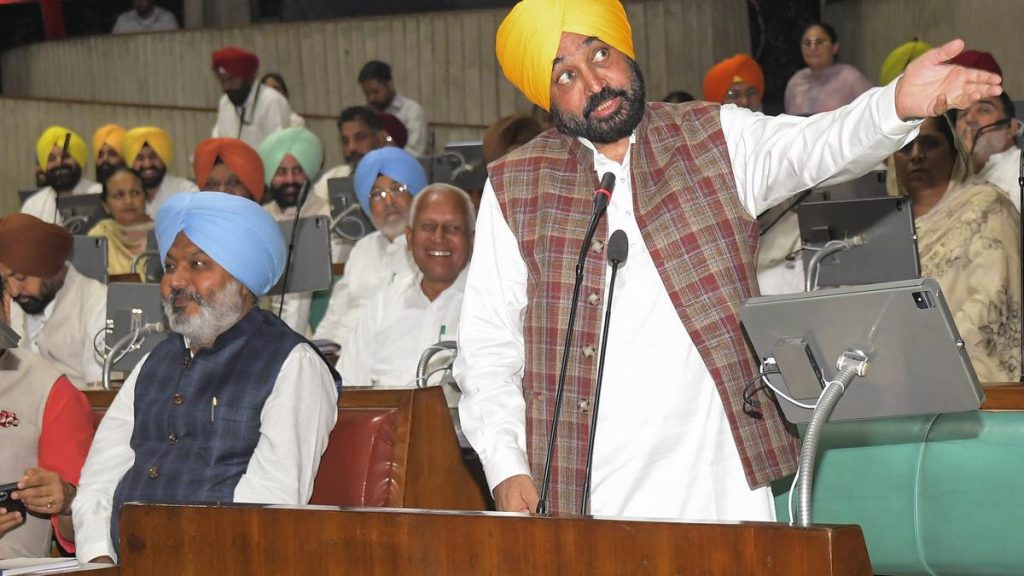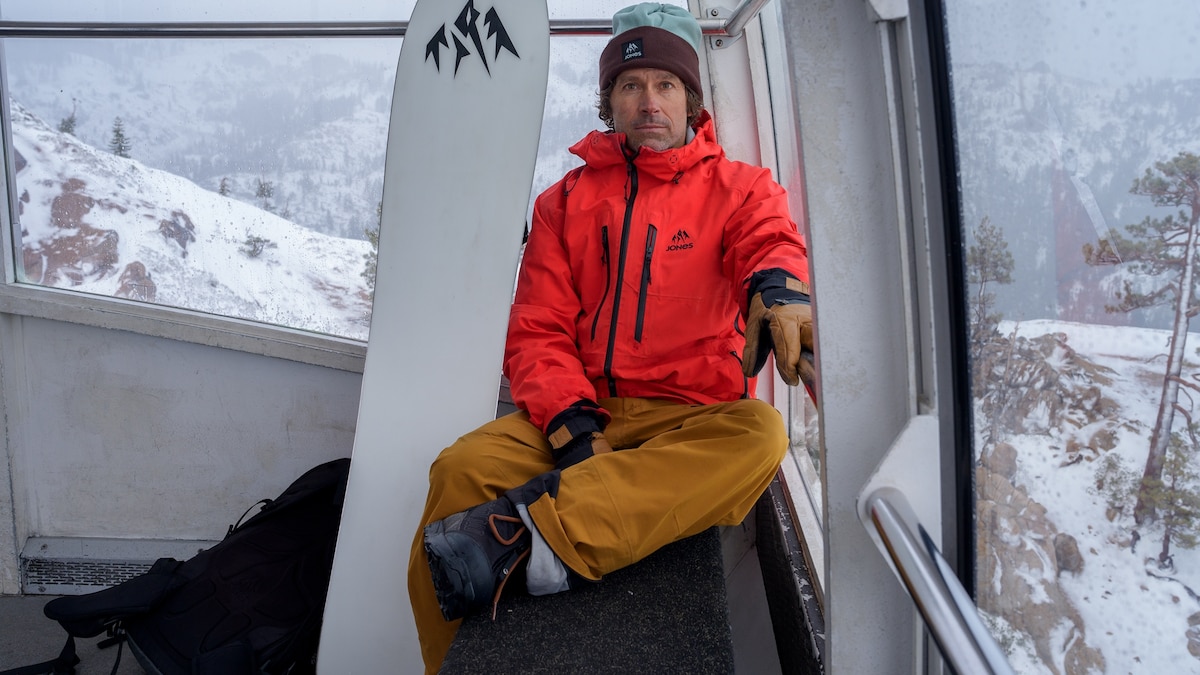Now Reading: Why director Adam McKay believes we need humor to stave off disaster
-
01
Why director Adam McKay believes we need humor to stave off disaster
Why director Adam McKay believes we need humor to stave off disaster

A few years back, when filmmaker Adam McKay released his movie Don’t Look Up—an apocalyptic satire that uses a killer comet as a metaphor for climate change—he was searching for a new way to talk about disaster. “As horrific as this all is,” McKay says about climate change, “it’s important that we create a culture around dealing with this epic, literally geological catastrophe we’re confronting with humor.”
When he started promoting the film, he got to wondering: Could humor actually galvanize some kind of response to the climate crisis? So his team did a test: They asked audience members whether they believed in climate change any more after watching the film, and whether they felt more likely to take action to stop it. They also shot a short video with the movie’s star, Leonardo DiCaprio, in which the actor delivered his own personal message about the climate crisis. Their conclusion? They could be more persuasive and impactful if they produced more short-form videos. And so McKay—who launched his career as a writer for Saturday Night Live before directing hits like Anchorman and The Big Short—started a small production house, Yellow Dot Studios, aiming to channel all his comedic powers into provoking audiences to save the world. After all, even gallows humor can help process overwhelming events. And McKay’s experience as a comic tells him that nothing bonds a crowd like a shared joke.
Yellow Dot has now had a couple of viral hits, including a fake Chevron ad that juxtaposes idyllic shots of nature with a voice-over explaining that the oil company is going to kill us all. There’s also a Game of Thrones parody in which the zombielike White Walker is replaced by a climate scientist—a character, much like the beast in the original, who goes perilously ignored by the feuding royals.
McKay hopes Yellow Dot’s shorts will do what the best, most challenging stand-up comedy does: uses humor to deliver stark and sometimes shocking truths, in the style of Chris Rock’s or George Carlin’s routines and the work of other renegade figures. “This is an approach that is informed by activist culture, and to some degree the punk rock movement of the ’70s and ’80s,” McKay says. But does it work? It might be too early to tell—or too late. Other genres of entertainment—science fiction movies, literary novels, even board games—have been ringing the alarm bell for decades. A study published last year looked at how nearly 60,000 people from around the world responded to a stack of climate-intervention strategies such as intensive science education and asking participants to write letters to their future selves. None of them changed many minds.
For McKay, too much of the messaging about climate change is just “neoliberal professionalspeak,” the kind of stuff that makes no noise. So maybe it’s time to approach the crisis through the goofiest, most pointed kind of comedy. Laughter and anger make our problems more emotional and thus more real. The approach, McKay says, “allows for anger, outrage, frustration, raw sincerity.” Expressions that are hard to ignore.
A version of this story appears in the April 2025 issue of National Geographic magazine.


























